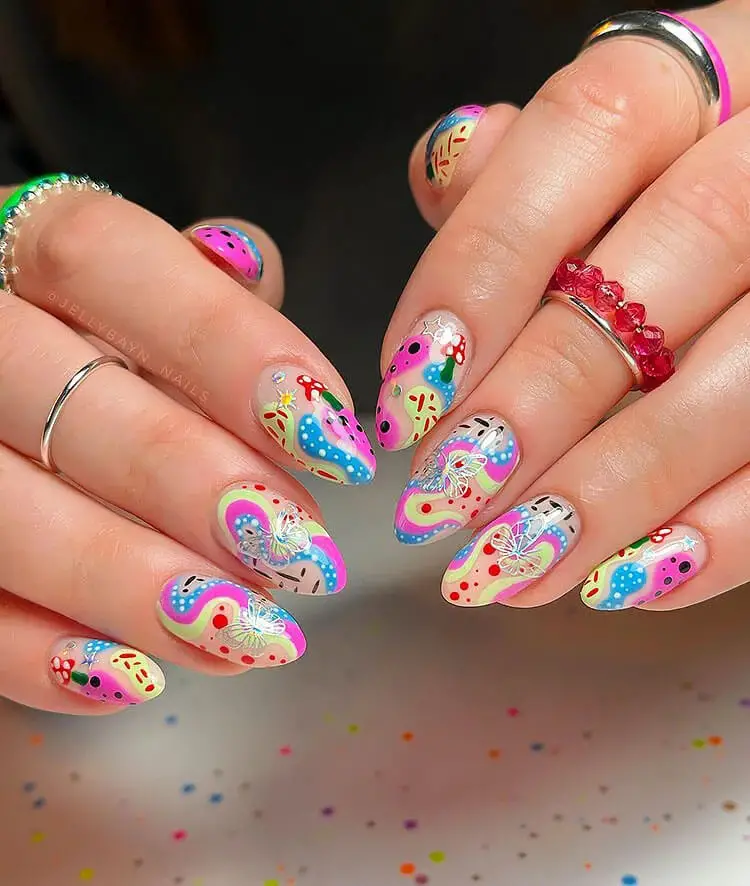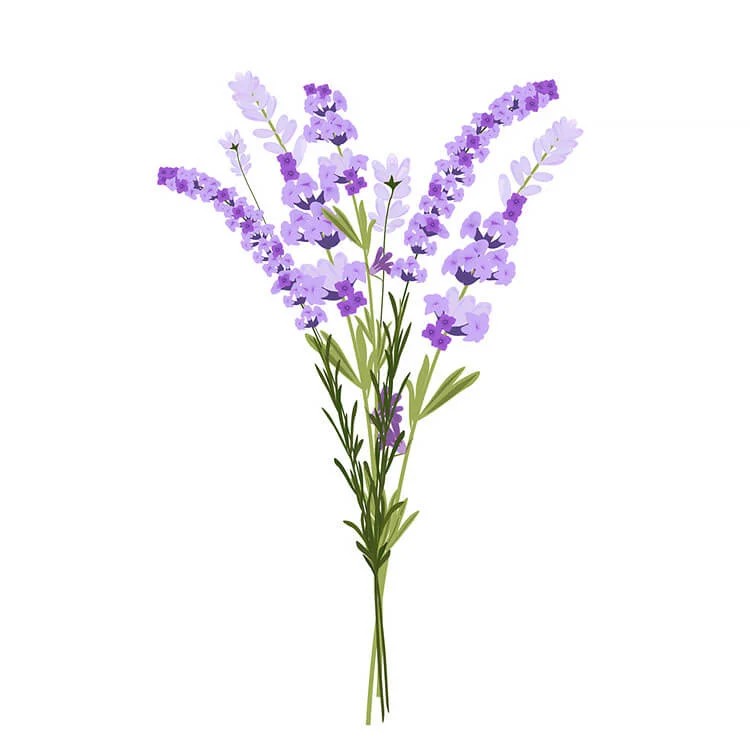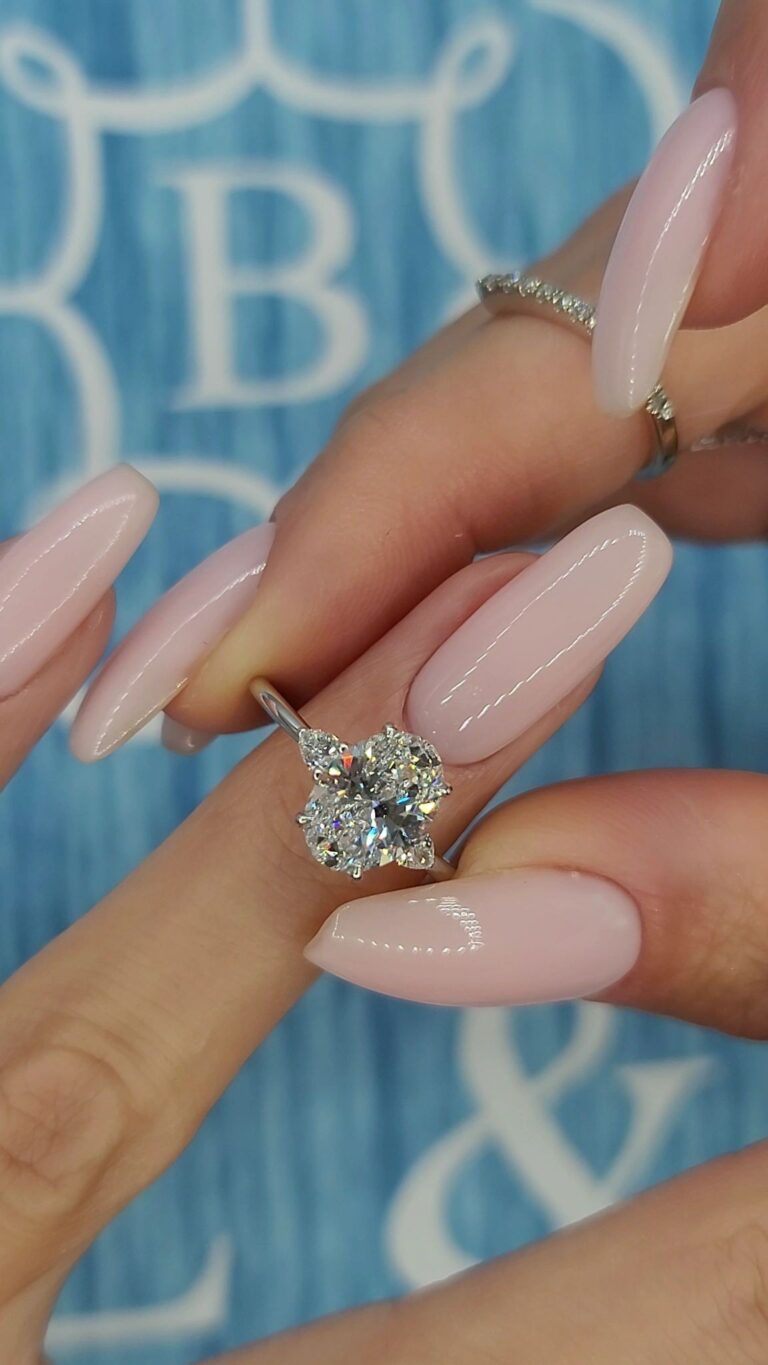The Dos And Donts Of Asian Destination Weddings
In the rich tapestry of Asian culture, weddings are more than just ceremonies – they’re a celebration of time-honored customs and enduring rituals. These events, steeped in symbolism and history, are believed to bring good fortune and lifelong happiness. To navigate this fascinating cultural phenomenon, it’s crucial to understand the delicate balance between what’s considered ‘done’ and what’s best left undone.
With a little guidance, you’ll be well-equipped to make the most of this enchanting experience.
The Do’s:
Look for a “Lucky Day”:
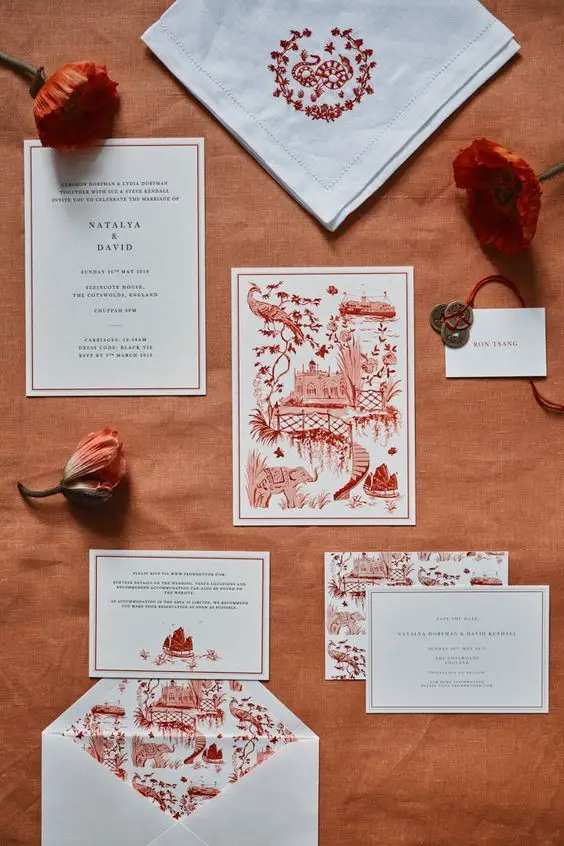
Asian weddings have distinct traditions surrounding the selection of a wedding date. The notion of a ‘lucky day’ plays a crucial role in ensuring the union gets off to a propitious start for the newlyweds. Unlike Western customs, where the couple has more flexibility when choosing their special day, Asian couples must carefully consider various factors before finalizing a date.
While some families place great importance on the bride’s birthdate as the ideal auspicious day, couples can also propose an alternative month and adjust accordingly to create a harmonious and fortunate union.
Decorate Your Family Altar:
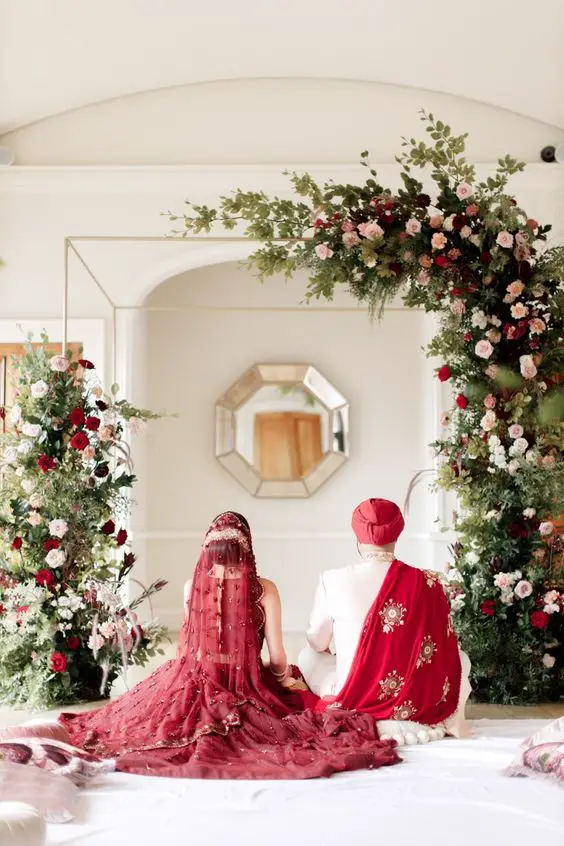
In Asian weddings, the concept of the family altar is deeply rooted in tradition. It serves as a symbol of respect for one’s ancestors and a celebration of new beginnings, particularly when introducing the bride as a welcomed member of her husband’s family. The couple places great emphasis on creating an aesthetically pleasing and meaningful space, with attention to detail that reflects their cultural heritage.
For instance, in a traditional Southern Vietnamese wedding, a majestic whole roast pork may be placed at the altar, representing a heartfelt gift from the groom’s family to the bride’s – a gesture that embodies warmth, generosity, and unity.
Decorate Your Home:
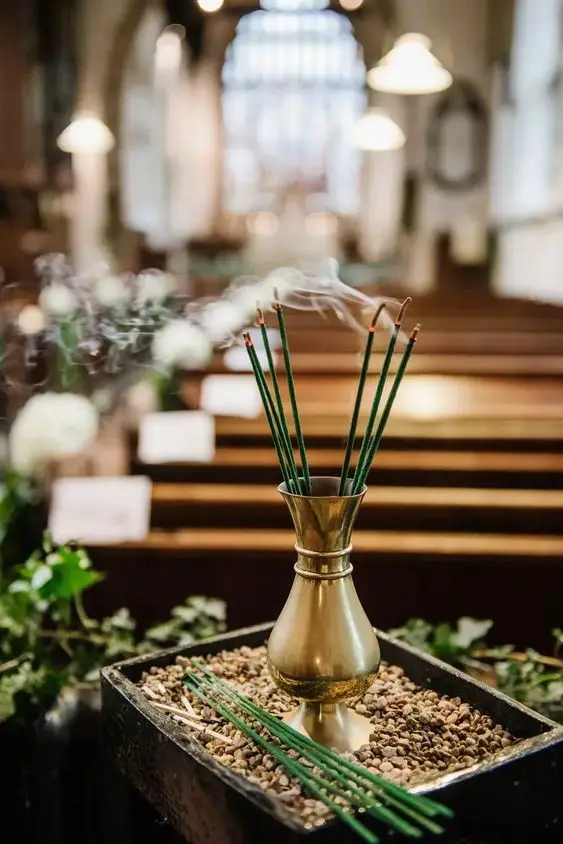
As you embark on this new chapter with your spouse, your first home together becomes a tangible representation of your life as a married couple. The unique customs and practices that come into play – from the specific hues you choose to adorn your walls to the individual responsible for keeping the bed made – all contribute to the cultural richness of your shared space.
Bring a Red Envelope of Money as a Gift:
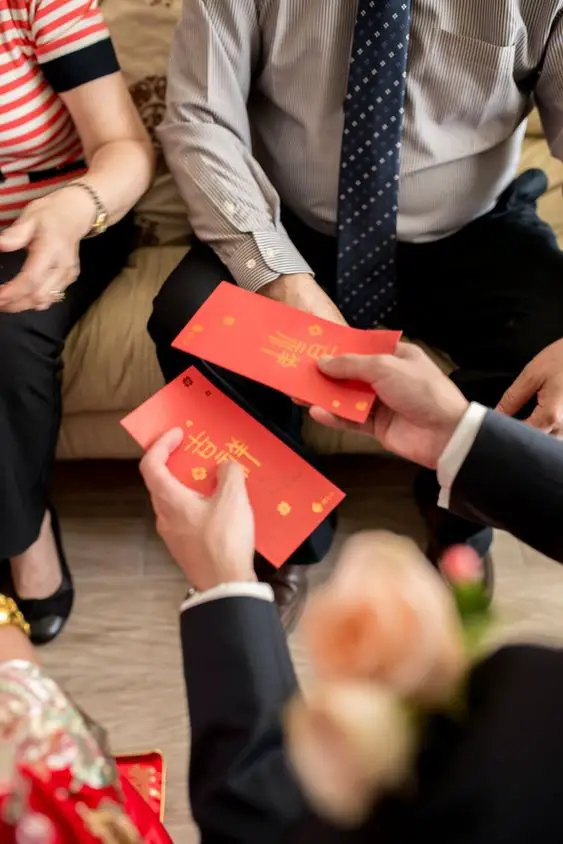
As you seek out the perfect gift for the newlyweds, consider presenting it within a red envelope bearing an auspicious value that concludes in the digit 8. In Asian cultures, this number is revered for its symbolism of abundance and good fortune, making it an ideal choice to kick-start their life together.
The Don’ts:
Avoid the July Lunar Month:
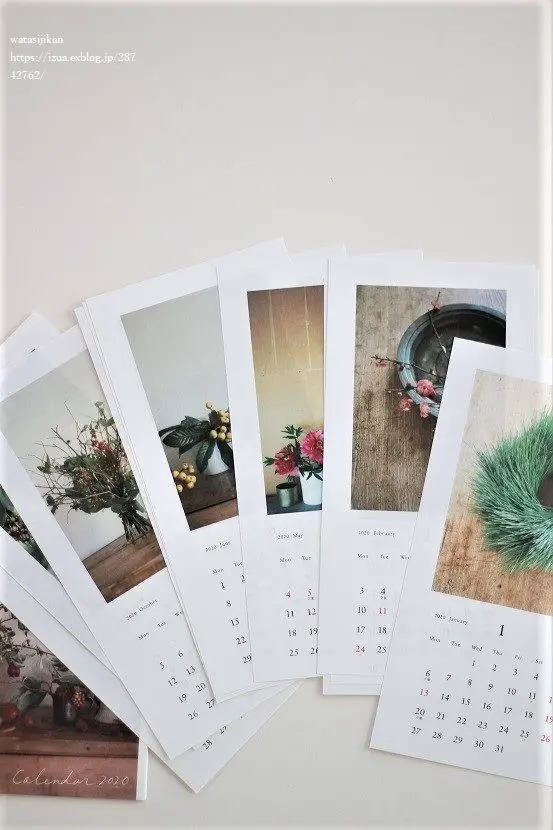
According to lunar calendar traditions, the seventh month is often regarded as an inauspicious time for tying the knot. Dubbed the ‘ghost month,’ this period is thought to be cursed, with nuptials potentially leading to divorce. The reasoning behind this notion may not be immediately clear-cut, yet it remains a deeply ingrained cultural practice.
Refrain from Breaking Items:
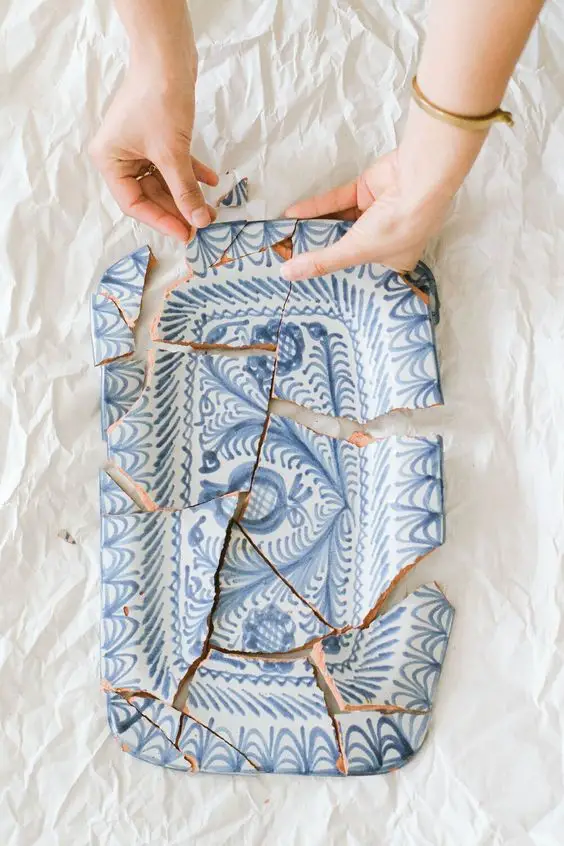
The notion that breaking items during a wedding is a harbinger of bad luck has its roots in ancient superstitions. According to these beliefs, such actions can foretell potential future disagreements and marital strife. This tradition serves as a poignant reminder of the significance placed on maintaining harmony and happiness within a marriage.
Family Funerals:
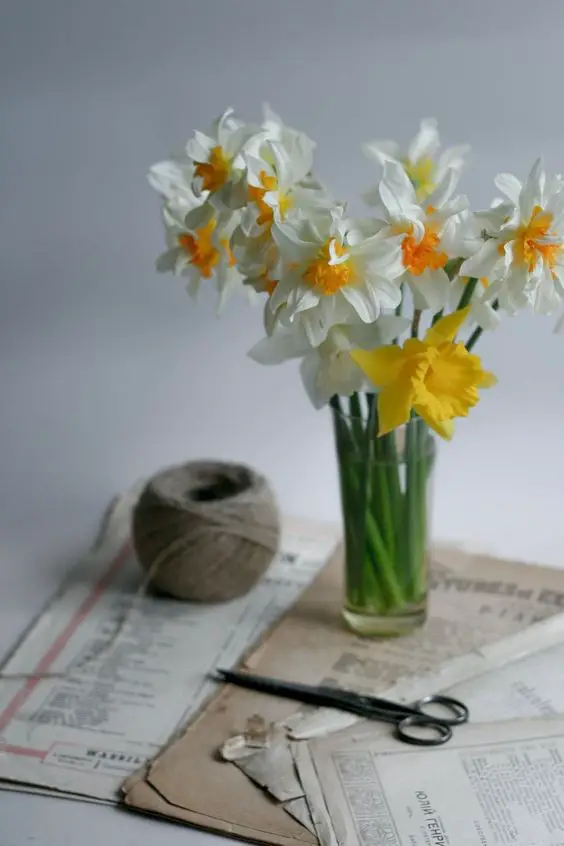
When a close family member has passed away, it’s considered respectful to postpone the wedding until after the funeral service. Awaiting about a year allows time for the grieving process and necessary healing. Alternatively, a small and intimate gathering can be held, acknowledging the family’s need for privacy during their mourning period.
Mind Your Attire:
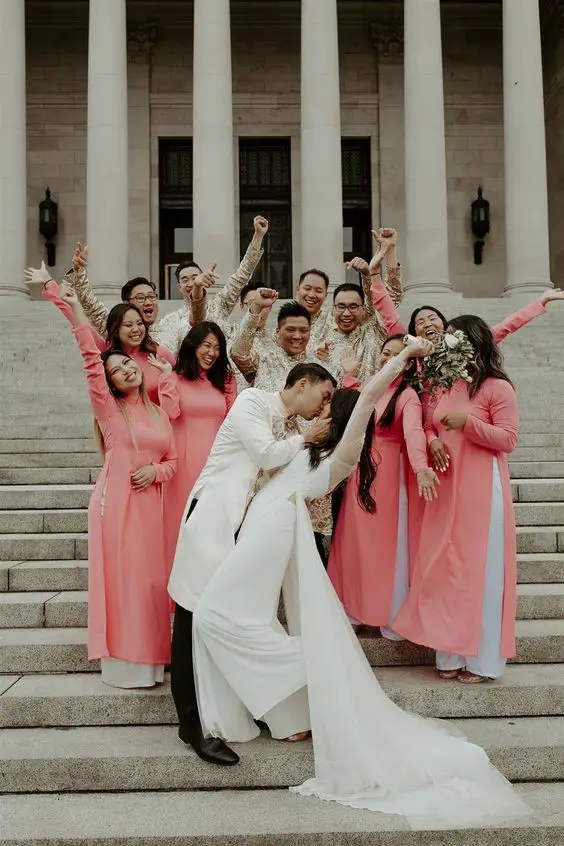
When planning an Asian destination wedding, it’s essential to strike a balance between tradition and modernity. To ensure a memorable and culturally sensitive celebration, guests are advised to avoid wearing red, as well as white or black, which carry negative connotations in Asian culture, representing death and mourning. Instead, opt for vibrant colors like purple, pink, and warm tones that symbolize new beginnings and the couple’s journey into a shared life.
By adhering to these guidelines, you’ll not only honor the customs but also create a day filled with joy, love, and endless blessings. With a little creativity and attention to detail, your Asian destination wedding can be an enchanting experience for all involved. To explore more expert advice, stunning inspiration, and the latest trends in the world of weddings, don’t miss out on the Get Wedded in Australia 2023-2024 digital magazine!
This must-read publication is perfect for brides-to-be, wedding enthusiasts, and anyone looking to get inspired by the beauty of Asian destination weddings. Read your free copy of the digital magazine today.

